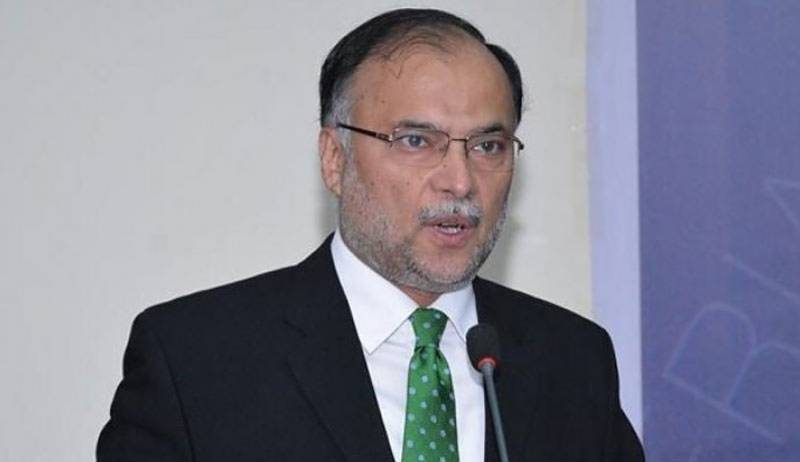Ahsan Iqbal, Federal Minister for Planning, Development, and Special Initiatives, stated on Tuesday that the new coalition government will aggressively engage China to expedite several projects under the China Pakistan Economic Corridor (CPEC).
He told the media during his visit to the National Centre for Artificial Intelligence at the National University of Science and Technology (NUST) that the government’s first objective was to develop the country’s economy since it was the sole prerequisite for its sovereignty.
The minister stated he established the Centre in 2018 to equip young people to exploit innovative technology. The fourth-generation industrial revolution’s driving areas were artificial intelligence, autonomous robotics, big data cloud, cyber security, and applied mathematics, he continued, and youngsters could use their abilities in those sectors internationally.
“We will teach approximately 100,000 kids in these abilities so that they may become part of the global digital intelligence,” he stated in the coming years.
He expressed regret that the previous administration had ignored the Higher Education Commission (HEC). He stated his intention to restore the Commission’s authority and its budget.
In response to a question, the minister stated that while the coalition government did not have a full five-year term; it was still a tremendous benefit since it would be easier to develop agreements on national issues.
He stated that immediately after the coalition government assumed office, the country’s stock exchange responded positively, and the Pakistan rupee rose against the US dollar.
According to Ahsan Iqbal, because all parties in Balochistan were part of the administration, it was a huge chance for the province’s long-standing concerns to be settled peacefully.
In response to another question, the minister stated that the administration has made up a committee in Parliament to begin the process of electoral changes.
“First, we will ensure that the electoral changes are completed, and then we would consider new elections,” he added in response to another question.
He stated that there was a constitutional obligation to finish the delimitation process and that the Election Commission of Pakistan needed about 6 to 7 months to do so.










